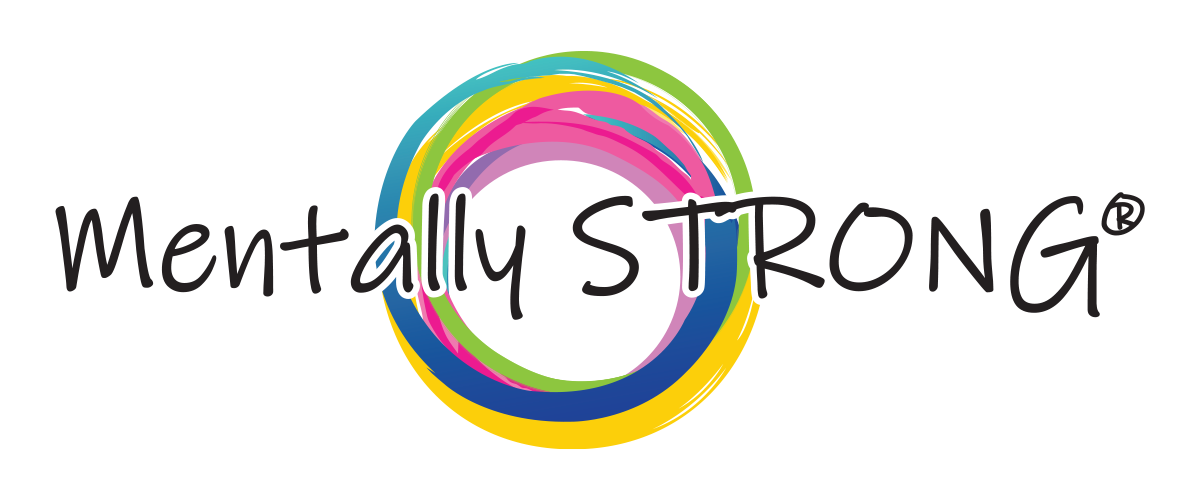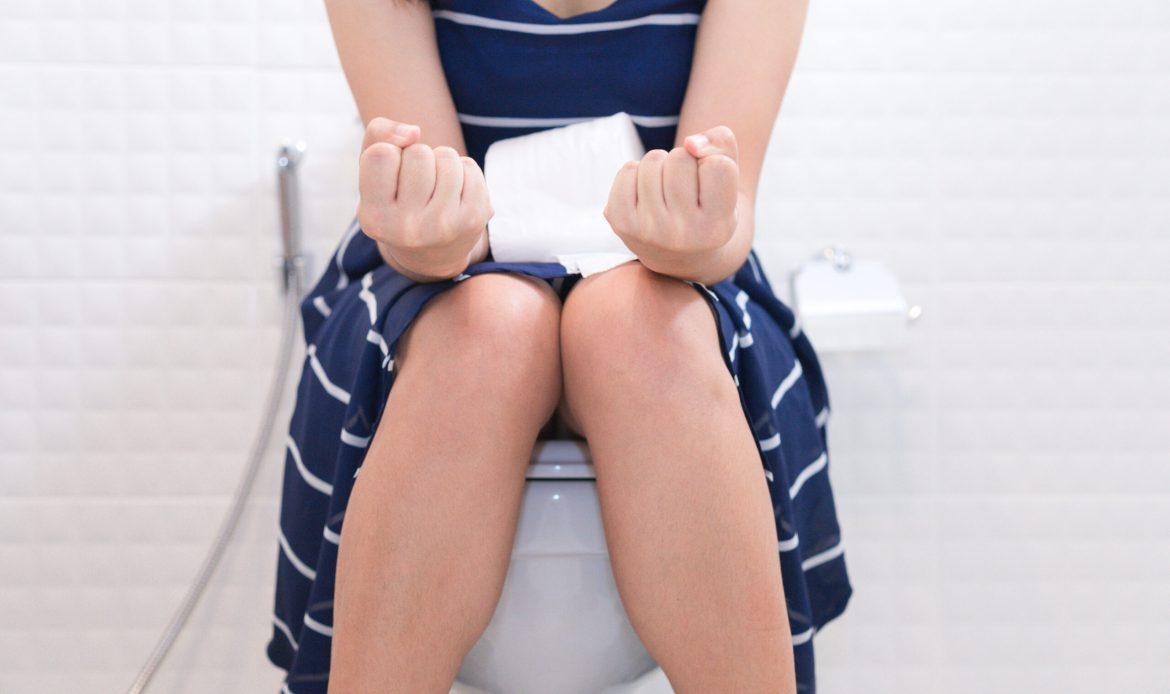Are you curious about elimination disorders and how they are diagnosed and treated? This informative blog post will delve into the world of elimination disorders, providing you with a comprehensive understanding of these conditions. Whether you’re a concerned parent or simply interested in psychiatric diagnoses, this article will shed light on the subject. Join us as we explore the insights psychiatric nurse practitioner Dr. B shared in her enlightening video series on demystifying the Diagnostic and Statistical Manual of Mental Disorders (DSM).
Types of Elimination Disorders
Dr. B’s video focuses on three primary types of elimination disorders: enuresis, encopresis, and other specific elimination disorders. Enuresis refers to the involuntary discharge of urine beyond the expected age of achieving bladder control, commonly known as bedwetting. Encopresis involves soiling underwear or clothing with feces, extending beyond the expected age of achieving bowel control. Additionally, the DSM recognizes other specific elimination disorders, each with its unique symptoms, causes, and treatment options.
Diagnosing Elimination Disorders
Dr. B explains the criteria for diagnosing elimination disorders, emphasizing the importance of repeated incidents over three months and their clinical significance. These disorders, such as enuresis and encopresis, must occur at least twice a week and cause distress or significant impairment in an individual’s daily functioning. However, it is crucial to rule out medical reasons for these symptoms before making a clinical diagnosis, as underlying conditions can present similar signs.
Ruling Out Medical Reasons
Medical evaluations are crucial in ruling out any underlying causes of elimination disorder symptoms and ensuring an accurate diagnosis. Dr. B highlights the significance of differentiating between normal accidents and clinical diagnoses. Various medical conditions, such as urinary tract infections, diabetes, or gastrointestinal issues, can mimic elimination disorders. Therefore, a comprehensive medical assessment is necessary for appropriate intervention and treatment.
Treatment Approaches
Dr. B’s video explores different treatment approaches for elimination disorders. Behavioral interventions, such as bladder or bowel training, can effectively improve control over bodily functions. Cognitive-behavioral therapy (CBT) is also beneficial in addressing the emotional and psychological aspects of elimination disorders. Medication may be prescribed to alleviate symptoms or target specific underlying causes in some instances. Individualized treatment plans tailored to each person’s needs are essential for successful management.
Understanding Elimination Disorders as a Parent
Recognizing the signs of elimination disorders in their children is crucial for parents. Dr. B offers insights into what to look out for, including frequent bedwetting, soiling accidents, or expressed distress related to using the bathroom. Supporting a child with elimination disorders involves creating a safe and understanding environment, educating oneself about the condition, and seeking professional help. It is vital to remember that elimination disorders are not a result of laziness or intentional behavior.
Curiosity about Psychiatric Diagnoses
Demystifying the DSM is vital in understanding psychiatric diagnoses, including elimination disorders. Dr. B’s video series aims to provide clarity and insights into the criteria, classification, and diagnosis of various mental health conditions. Psychiatric nurse practitioners like Dr. B play a significant role in assessing and diagnosing elimination disorders, working alongside other healthcare professionals to ensure comprehensive care and support.
Understanding elimination disorders is crucial for individuals, parents, and healthcare professionals. Through Dr. B’s insightful video series, we have explored the different types of elimination disorders, their diagnoses, and available treatment options. If you suspect that you or someone you know may be experiencing elimination disorders, seeking professional guidance and support is essential.

